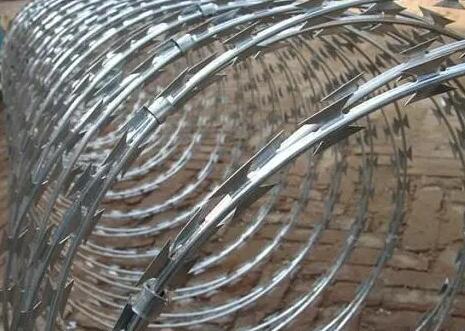The Importance of Choosing the Right Nail for Cement Walls
When it comes to construction and home improvement, securing objects to cement walls can pose unique challenges. The use of the right nails is crucial to ensure durability and stability. Cement walls, typically made from concrete or masonry, require specialized fasteners due to their dense and hard nature. In this article, we will explore the characteristics of nails suitable for cement walls and their importance in various applications.
First and foremost, it's essential to understand that standard nails are generally inadequate for use in cement walls. Regular nails lack the structural integrity and holding power necessary to penetrate hard surfaces. Therefore, using concrete nails, also known as masonry nails, is highly recommended. These nails are specifically designed to withstand the tough conditions associated with cement applications.
Types of Nails for Cement Walls
Concrete nails are usually made from hardened steel, allowing them to drive into cement without bending or breaking. They feature a thicker shank and a sharp point designed for efficient penetration. Additionally, some are treated or finished to prevent corrosion, ensuring that they maintain their holding power over time, particularly in damp or humid environments.
Another option for attaching items to cement walls is the use of masonry anchors. These are not nails per se, but rather a type of fastener that provides a secure hold in concrete. Anchors come in various forms, including expansion anchors, sleeves, and adhesive types, allowing for versatility depending on the weight and type of object being fixed.
nail for cement wall

Installation Tips
Proper installation of nails or anchors in cement walls is critical for achieving a secure hold. First, pre-drilling a pilot hole using a masonry bit helps create an entry point for the nail or anchor, reducing the risk of cracking the concrete. The diameter of the hole should match the size of the nail or anchor being used.
When hammering in a concrete nail, use a heavy hammer to ensure proper insertion. For anchors, follow the manufacturer’s instructions for installation, which often require specific tools and methods to achieve maximum holding strength.
Conclusion
In summary, choosing the right nail for cement walls is fundamental to the success of any project involving concrete fixtures. Concrete nails and masonry anchors provide the required strength and durability for lasting results. By understanding the characteristics of these fasteners and following best installation practices, homeowners and contractors can ensure that their projects not only look great but also stand the test of time. Whether you’re hanging shelves, mounting appliances, or securing other items, selecting appropriate fasteners is key to achieving reliable and effective results in cement wall applications.

















